Why young Brits are turning away from alcohol
New research suggests that close to a third of young people are teetotal
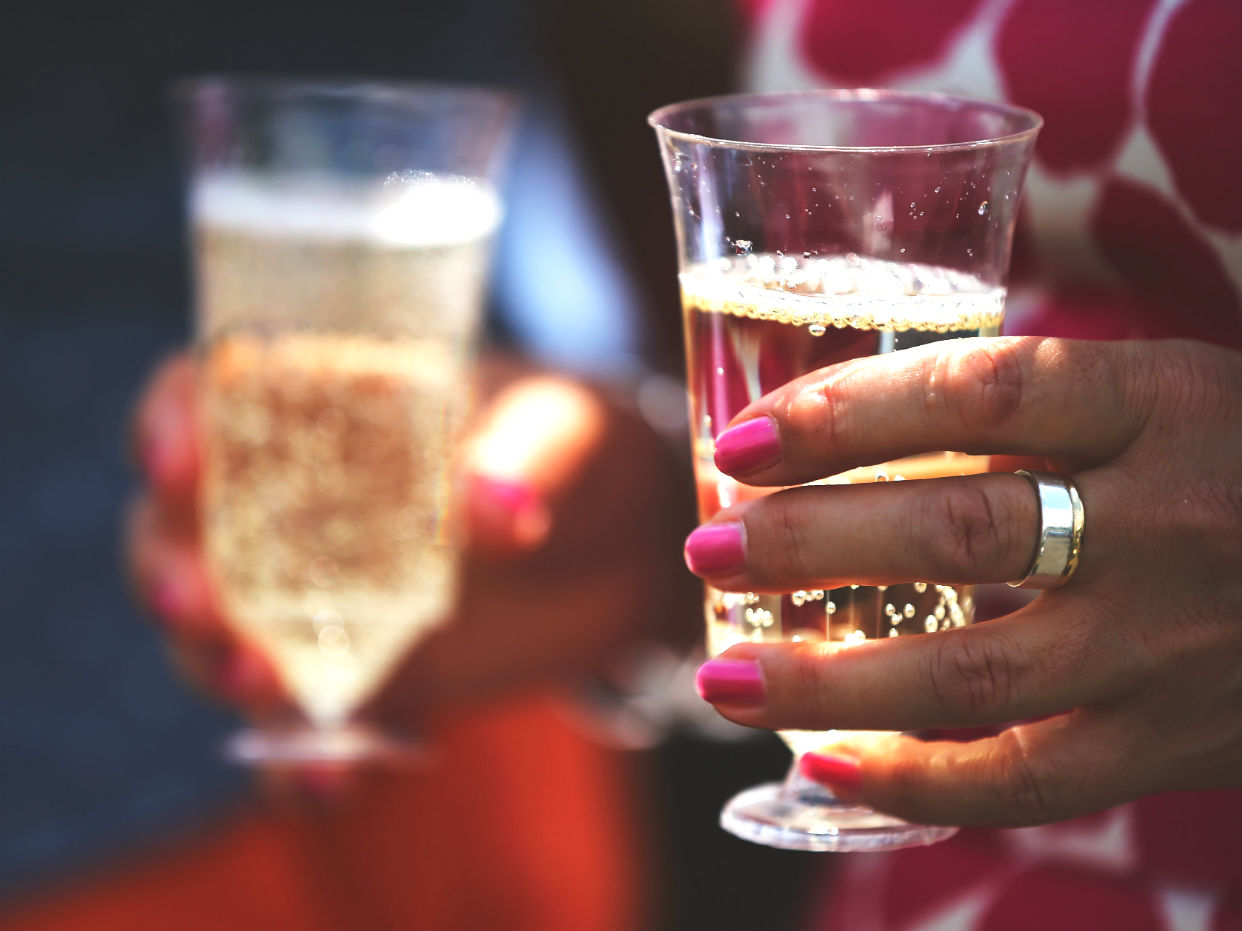
A free daily email with the biggest news stories of the day – and the best features from TheWeek.com
You are now subscribed
Your newsletter sign-up was successful
One in three young Brits does not drink alcohol, according to a new report which casts light on an emerging transformation in the nation’s drinking culture.
Researchers at University College London gathered data from nearly 10,000 people, and found that the proportion of teetotal 16 to 24-year-olds increased from 18% in 2005 to 29% in 2015.
In addition, the number of young people who said they drank in excess of government-recommended limits almost halved, from 43% in 2005 to 28% over the same period.
The Week
Escape your echo chamber. Get the facts behind the news, plus analysis from multiple perspectives.

Sign up for The Week's Free Newsletters
From our morning news briefing to a weekly Good News Newsletter, get the best of The Week delivered directly to your inbox.
From our morning news briefing to a weekly Good News Newsletter, get the best of The Week delivered directly to your inbox.
The findings are at odds with the UK’s international reputation as hard-drinking “lager louts”, whose youth can regularly be found misbehaving in the nightclubs of Malia and Magaluf.
UK alcohol consumption peaked in 2004, when scare stories decrying “Binge Britain” were regularly plastered across the nation’s newspapers.
A September 2004 article in The Guardian warned that Britain’s town centres had become “scenes of drunken mayhem and soaring levels of violence”, fuelled by lax licensing laws and “cheap alcopops”.
However, in the years following “peak booze”, Britain has undergone what appears to be a quiet revolution in its drinking habits.
A free daily email with the biggest news stories of the day – and the best features from TheWeek.com
Everything from health consciousness to an increase in the proportion of Muslim Brits has been put forward to account for the change, but Linda Ng Fat, lead researcher on the report, says the trend is too broad to be attributed to any one factor.
“Increases in non-drinking among young people were found across a broad range of groups, including those living in northern or southern regions of England, among the white population, those in full-time education, in employment and across all social classes and healthier groups,” she told the BBC.
Rather, the statistics appeared to show a wider cultural evolution in progress, in which abstaining from alcohol is “becoming more acceptable, whereas risky behaviours such as binge drinking may be becoming less normalised”.
But while boozier older generations might deplore the teetotal trend as a departure from “traditional” pub culture, in a 2015 article in The New Statesman Chrissie Giles argues that there was nothing traditional about the boozy excesses of the 1990s and 2000s.
Until the 1960s, she says, most drinking was done by men, in pubs, and consisted largely of low-strength ales.
What we know as Britain’s booze culture set in during the 1970s, as ad campaigns led to a surge in consumption of more potent lager and wine, while social liberalisation brought more women into drinking spaces, which now included discotheques and wine bars alongside traditional boozers.
“By 2004, Brits were drinking well over twice as much as they had been half a century earlier,” she writes. Seen through that lens, the current trend away from heavy drinking can be seen not as an anomaly but as a return to normalcy.
-
 ‘The West needs people’
‘The West needs people’Instant Opinion Opinion, comment and editorials of the day
-
 Filing statuses: What they are and how to choose one for your taxes
Filing statuses: What they are and how to choose one for your taxesThe Explainer Your status will determine how much you pay, plus the tax credits and deductions you can claim
-
 Nan Goldin: The Ballad of Sexual Dependency – an ‘engrossing’ exhibition
Nan Goldin: The Ballad of Sexual Dependency – an ‘engrossing’ exhibitionThe Week Recommends All 126 images from the American photographer’s ‘influential’ photobook have come to the UK for the first time
-
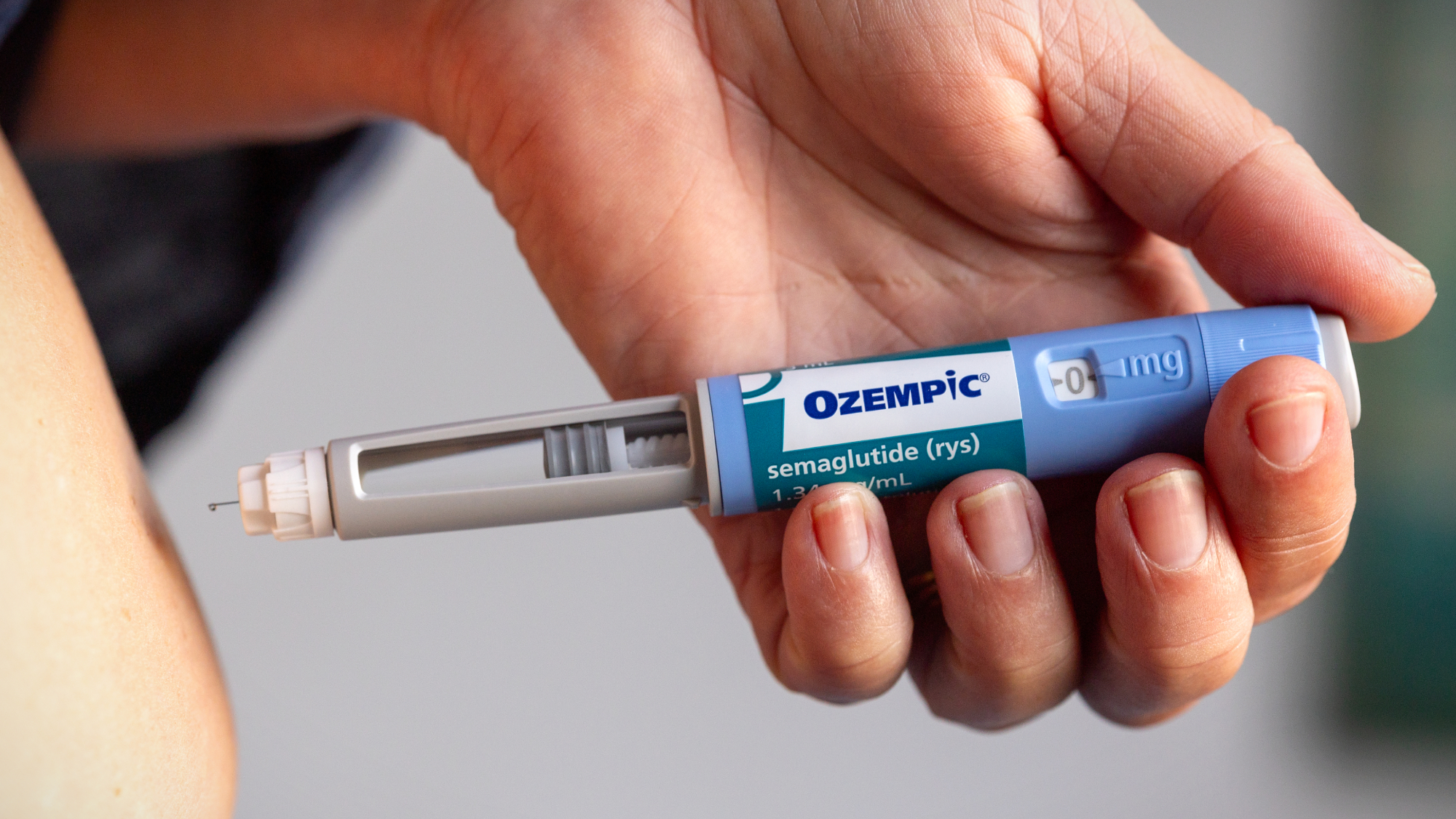 Ozempic can curb alcohol cravings, study finds
Ozempic can curb alcohol cravings, study findsSpeed read Weight loss drugs like Ozempic and Wegovy may also be helpful in limiting alcohol consumption
-
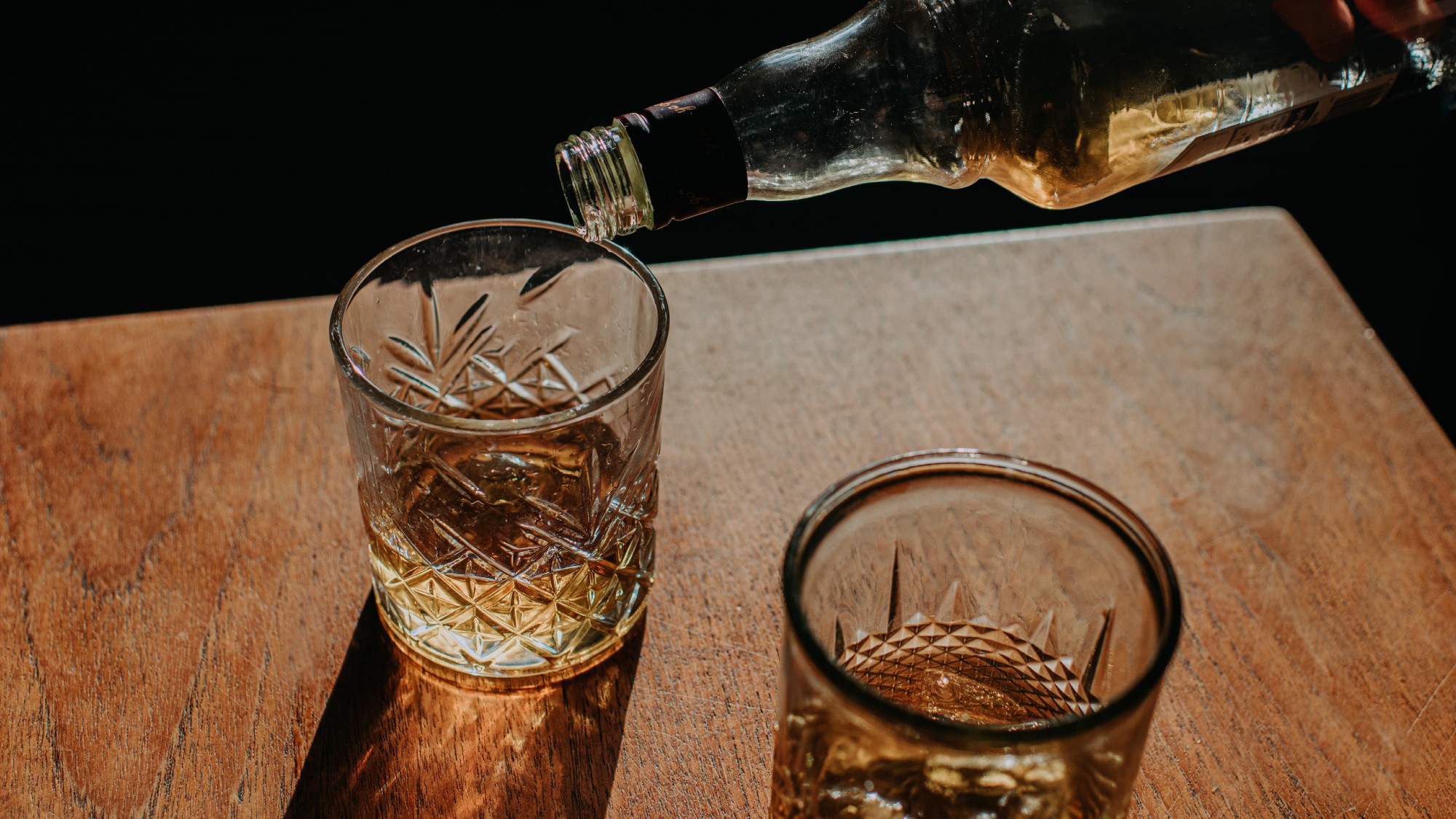 What are the long-term effects of alcohol?
What are the long-term effects of alcohol?It's not just cancer
-
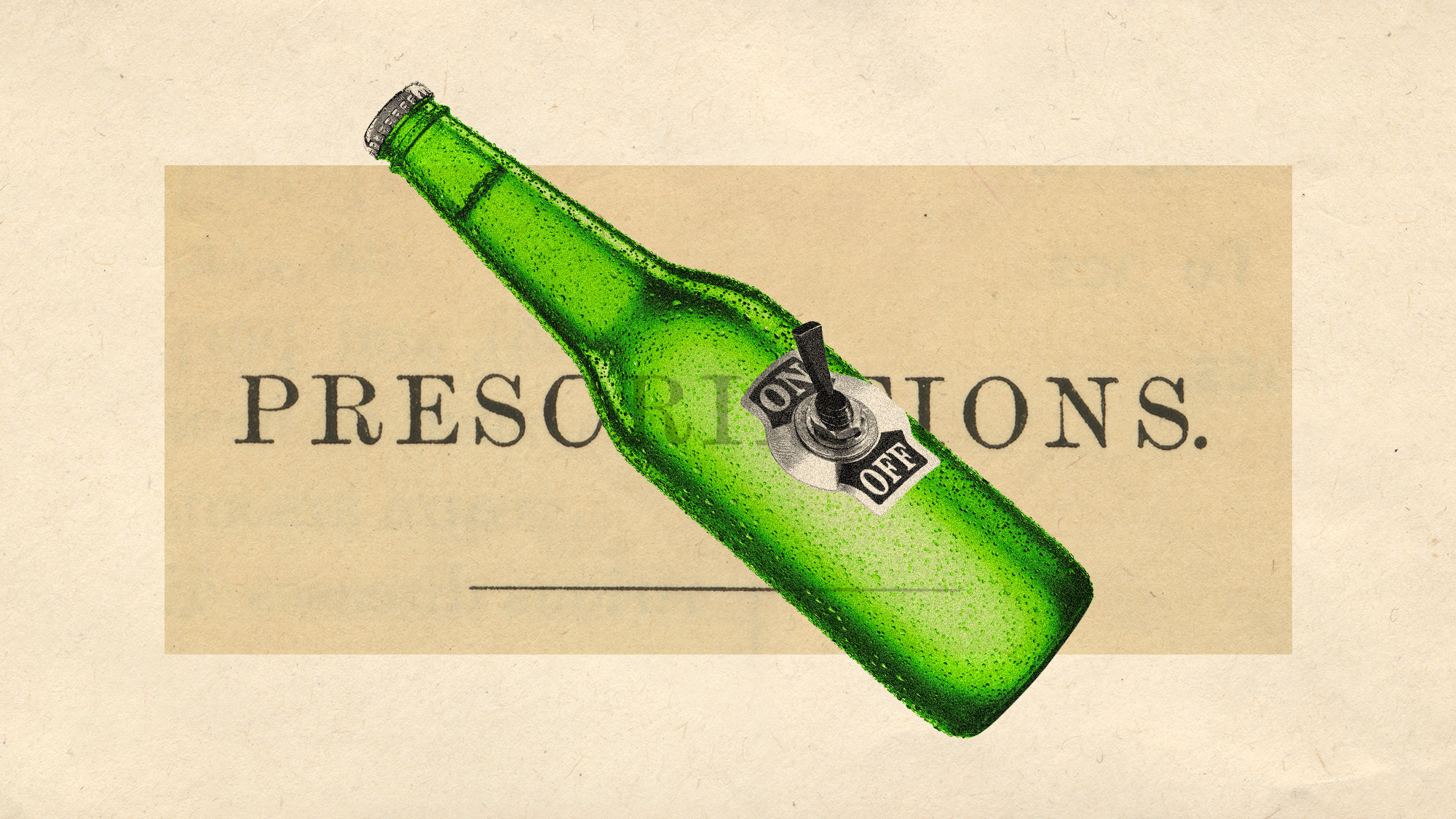 Naltrexone: the wonder drug for alcoholism
Naltrexone: the wonder drug for alcoholismThe pill is said to have a high success rate in reducing alcohol cravings with few side effects
-
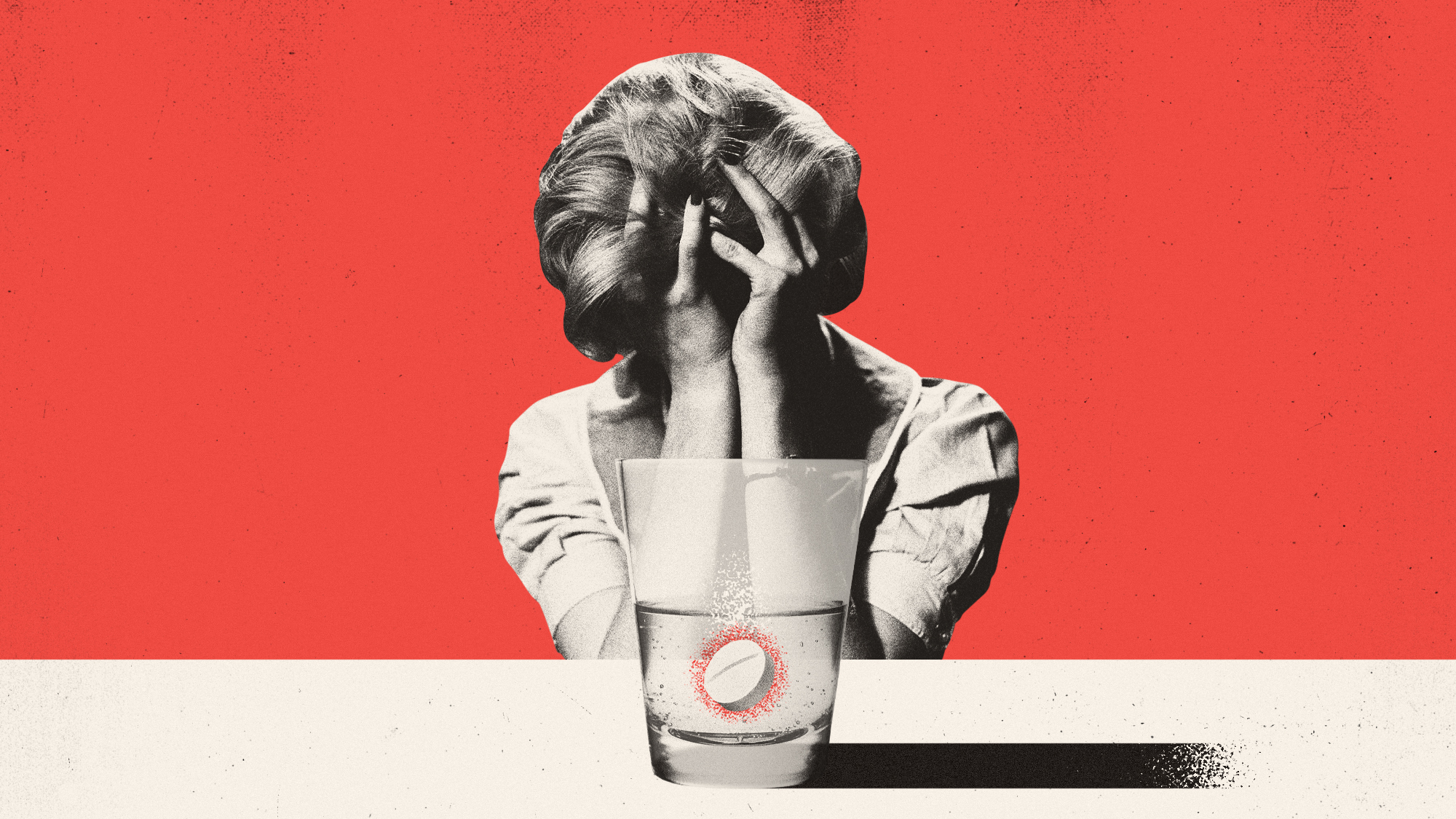 Can you prevent a hangover?
Can you prevent a hangover?Talking Point Over half of us will drink more than usual this month, but there are ways to minimise the effects of alcohol on the morning after
-
 Methanol poisoning: how Laos horror happened
Methanol poisoning: how Laos horror happenedThe Explainer Recent 'tainted-alcohol' deaths expose 'dangerous incentives driving backpacker-focused tourism'
-
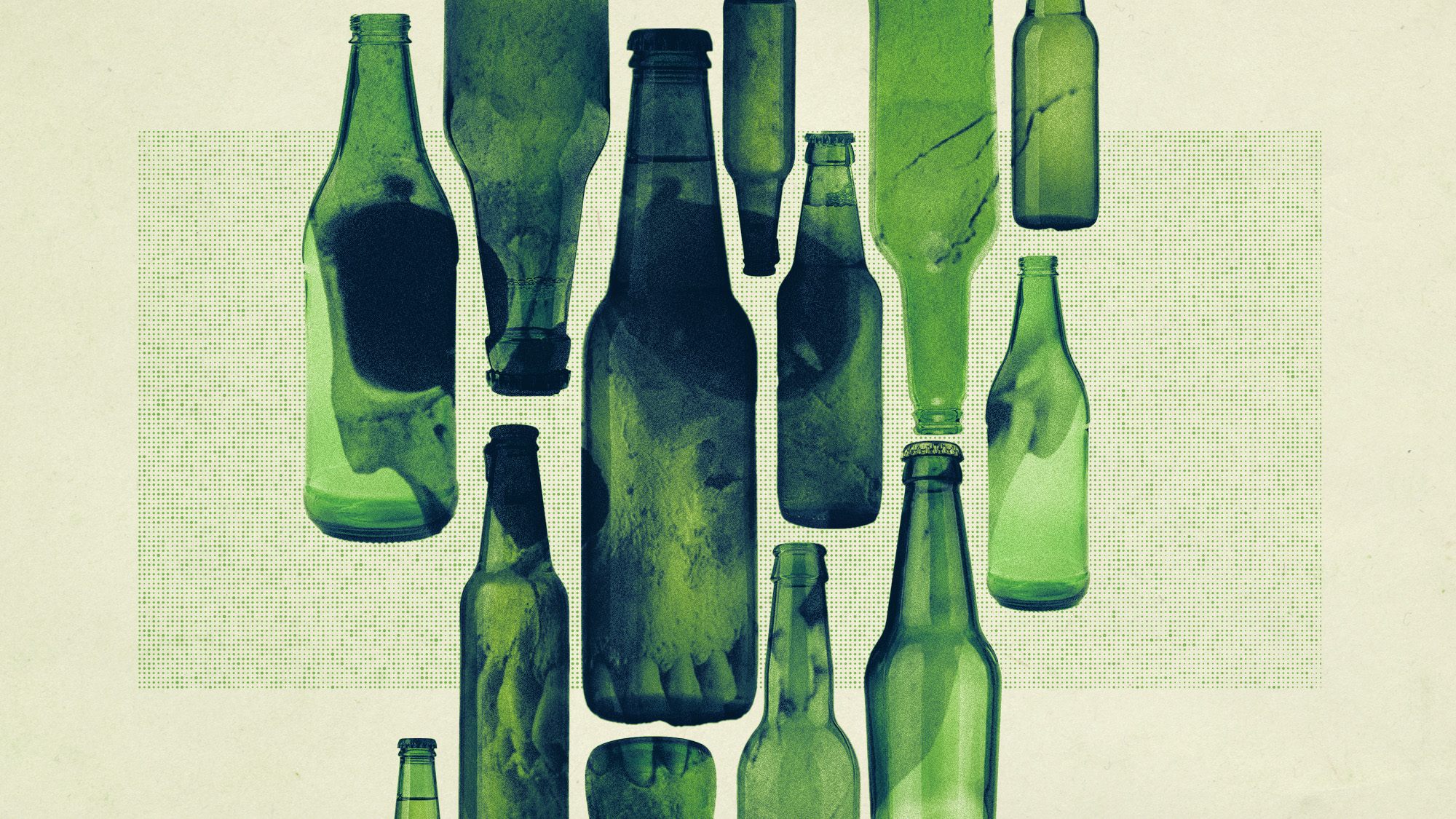 India's toxic alcohol problem
India's toxic alcohol problemUnder the Radar Bootleggers add lethal methanol to illegal liquor to cheaply increase potency, leading to widespread casualties
-
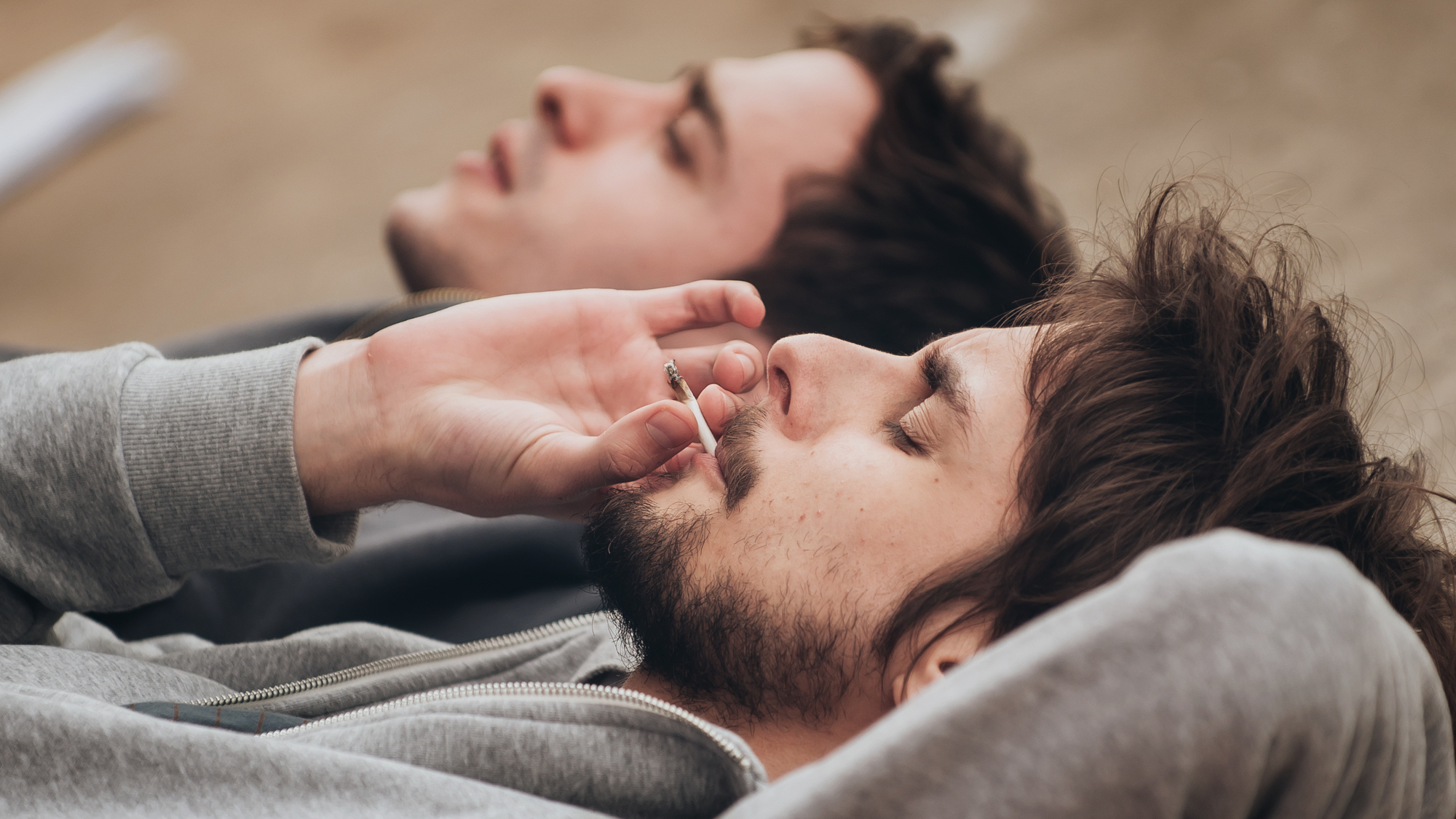 Cannabis tops alcohol in daily US consumption
Cannabis tops alcohol in daily US consumptionSpeed Read For the first time in U.S. history, daily cannabis users have outpaced daily drinkers
-
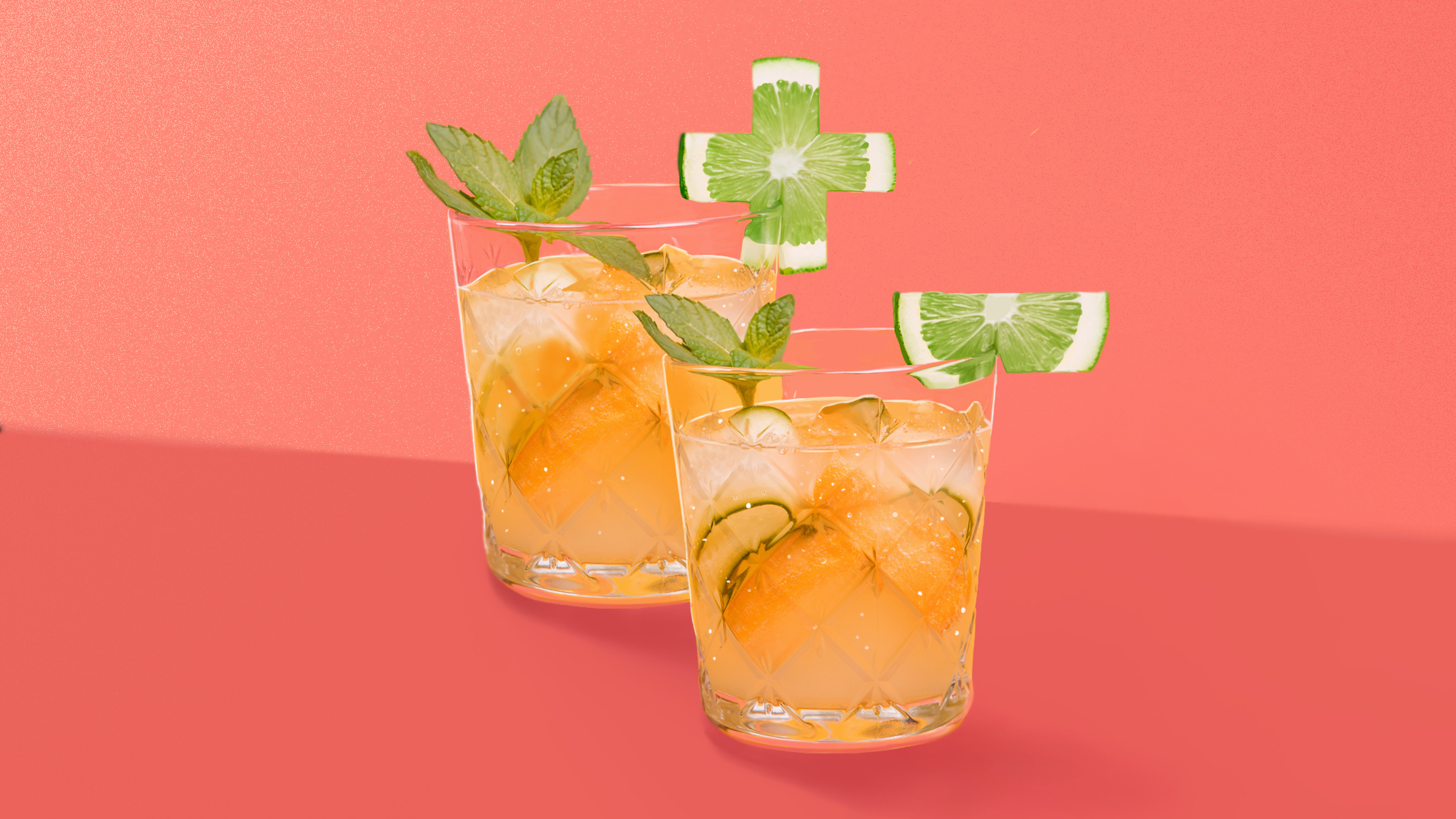 Pros and cons of giving up alcohol
Pros and cons of giving up alcoholPros and Cons Staying off the booze has health benefits but many struggle with the social downsides